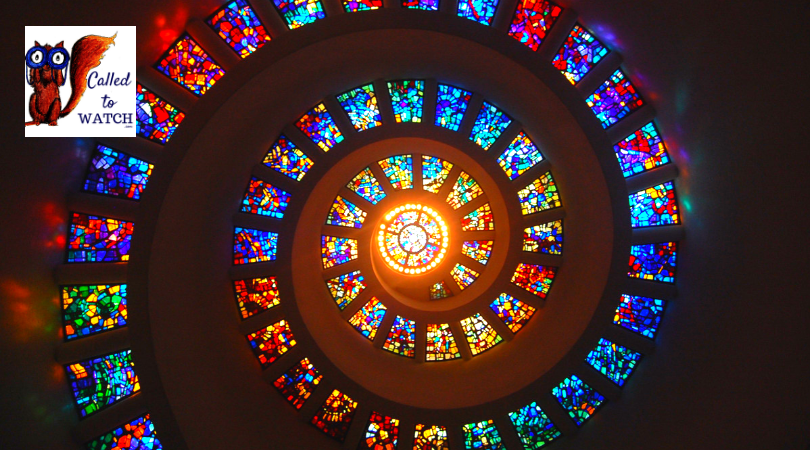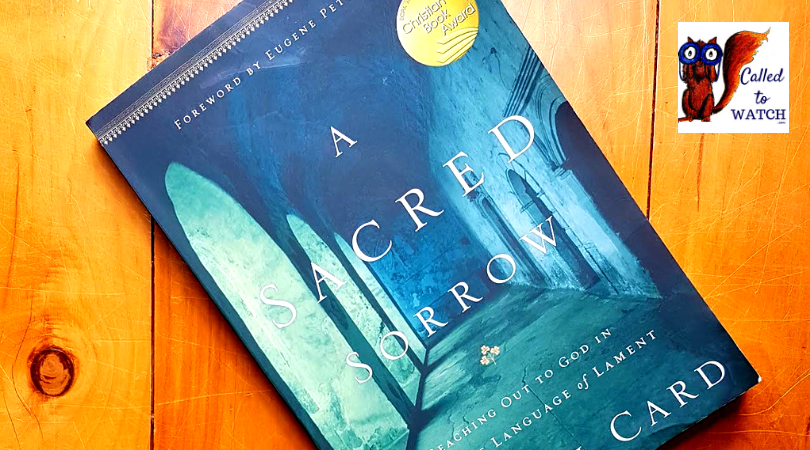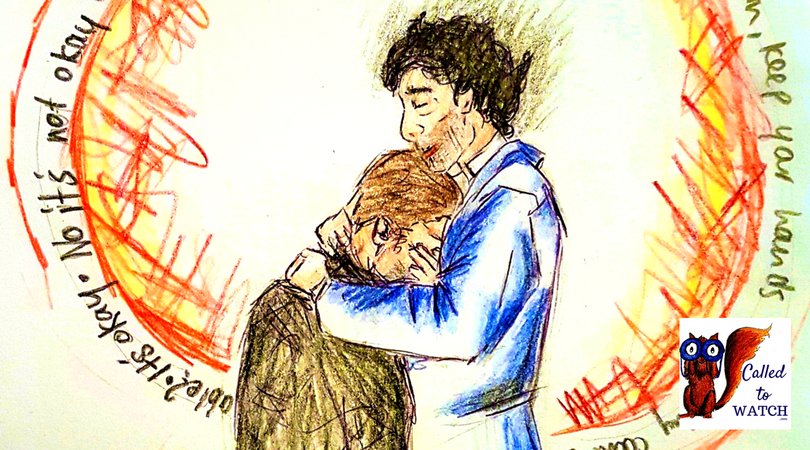We live in a big world. It’s 40 thousand kilometres wide, with 7.5 billion people. There are 2 thousand types of jellyfish and 3 thousand varieties of pears.
How often do you stop to ponder the universe?
If you are a Watcher or a Caregiver, sometimes the world does not feel that big. Our hours and thoughts are occupied with one person. Our daily routines may not take us particularly ‘far afield’. Life, which in reality is BIG, can feel (and be!) very small.
Oh no, you may protest. I don’t live in a bubble! I watch TV. I listen to the radio. I get the news on my phone.
That’s good… but it’s not the same as genuinely experiencing the world first-hand, is it? Media such as TVs, newspapers etc. can give us a sense of the “busyness” of the world, or the “angst” of the world – but do they really help us understand the “bigness” of the universe?
I don’t have time, you may counter. “Experiencing the world” (whatever that means) is a luxury I can’t afford. That’s for other more fortunate people.
Continue reading “Why you should widen your perspective (and how)”










